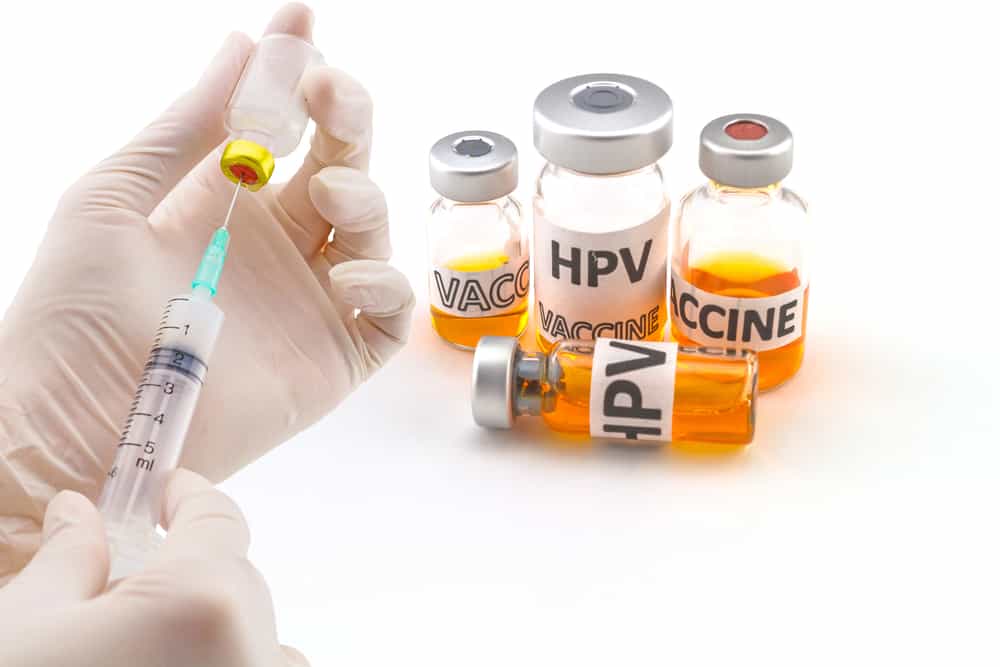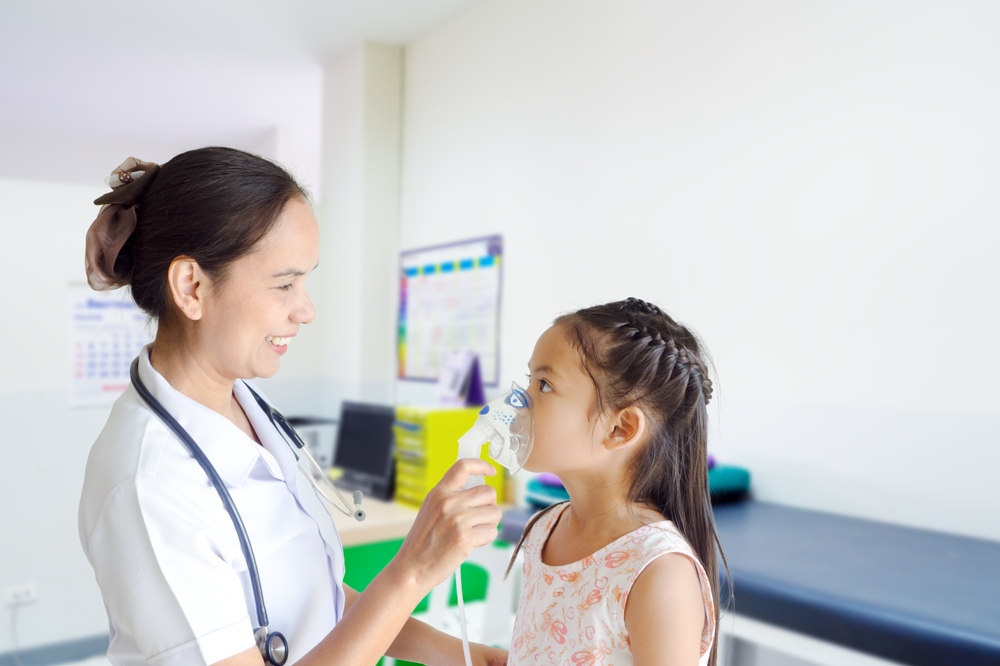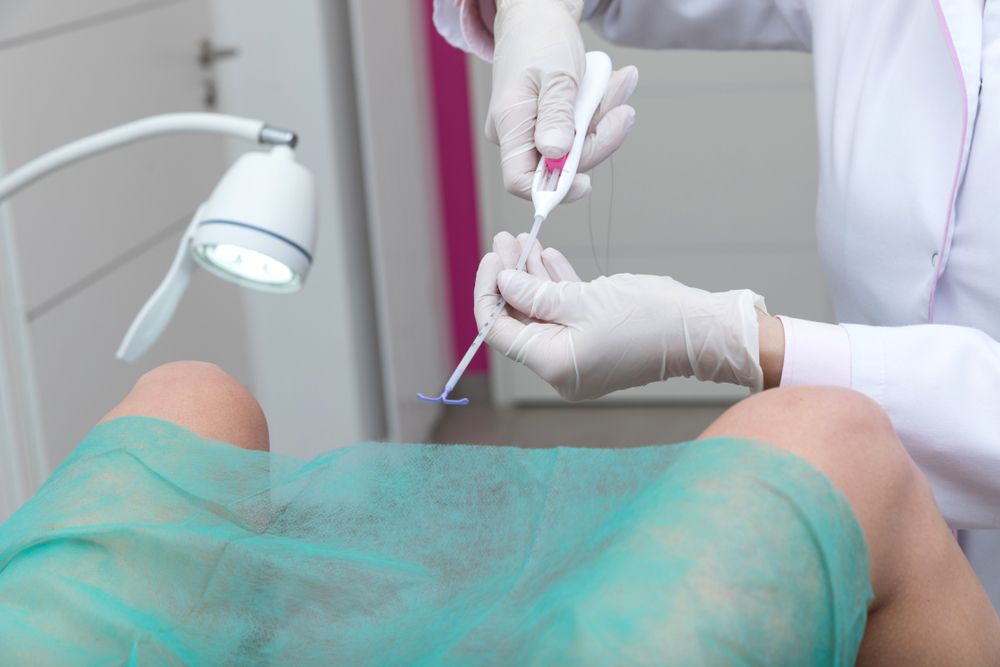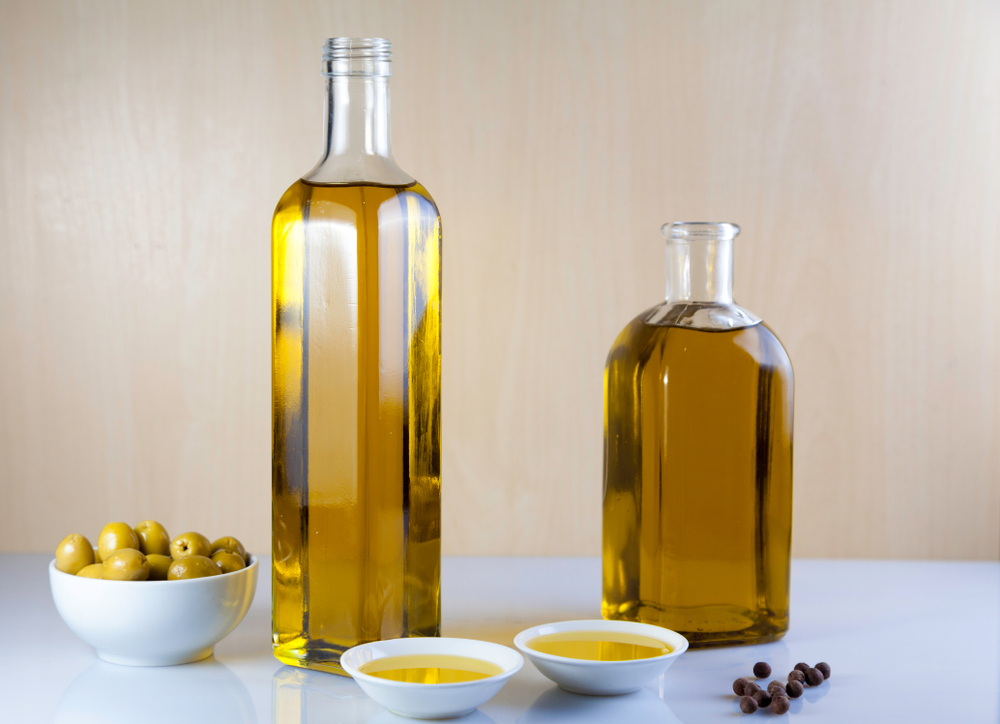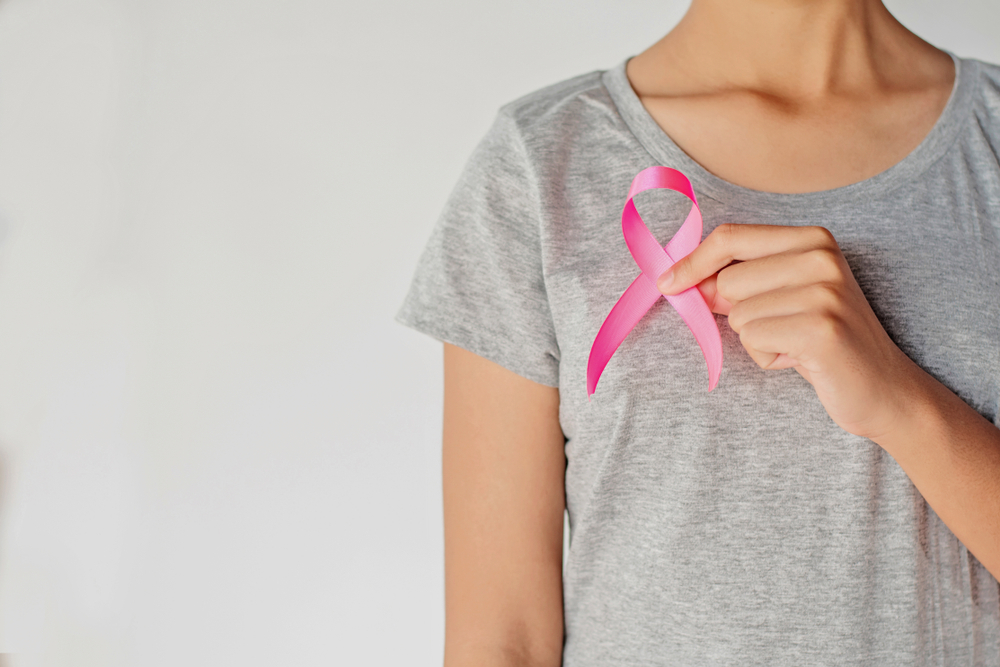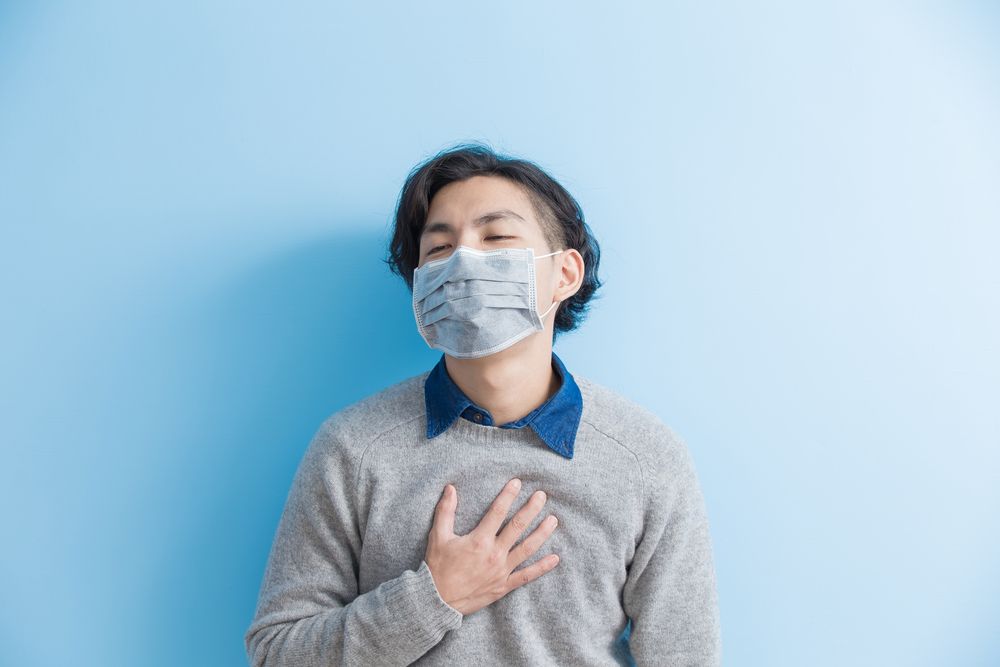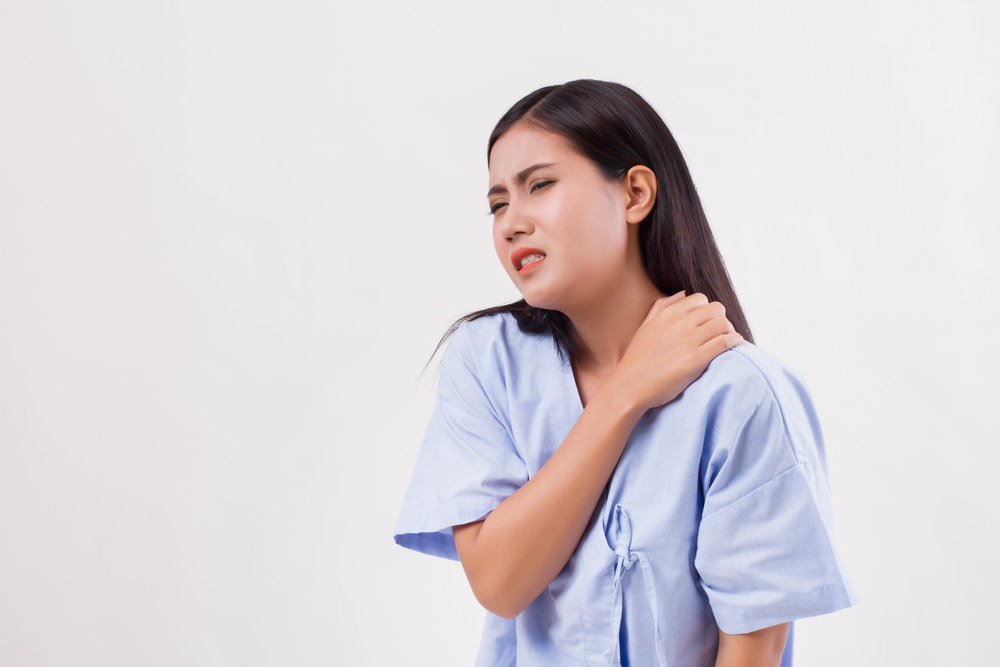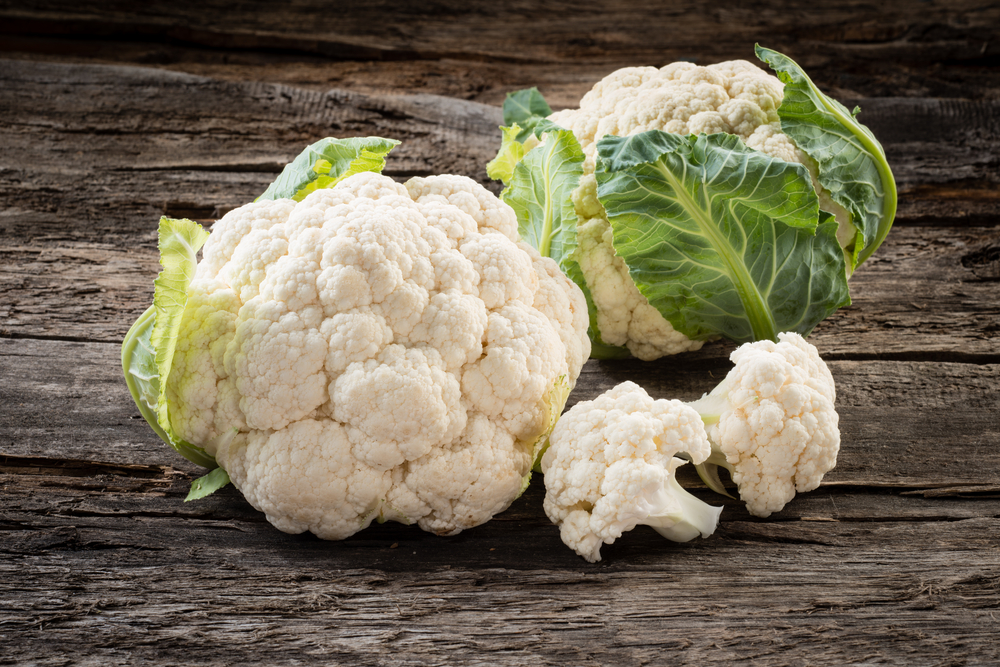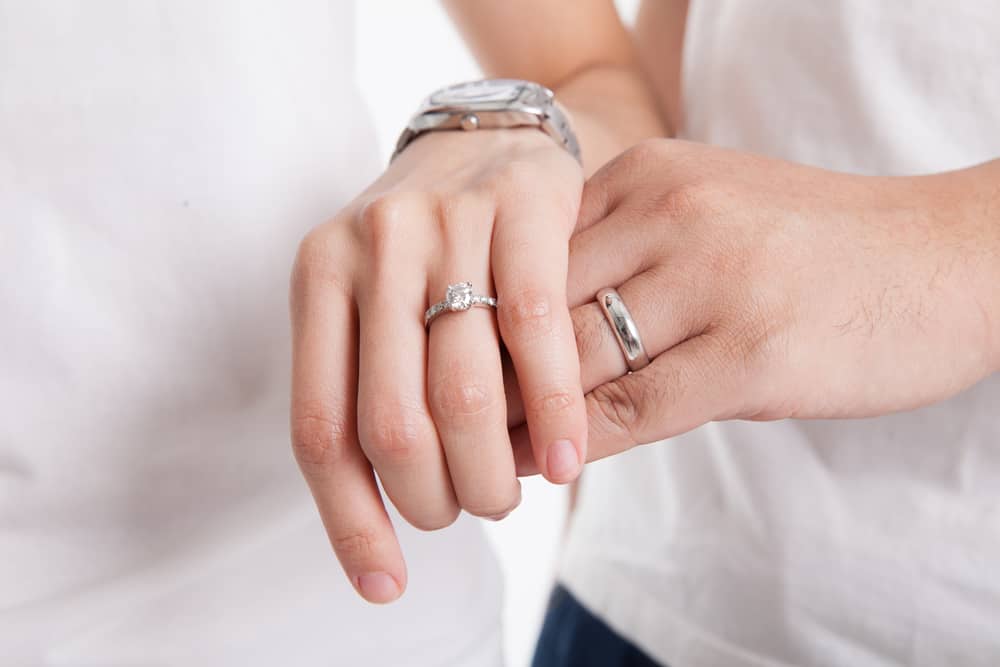Contents:
- Medical Video: 08 common Interview question and answers - Job Interview Skills
- Is the HPV vaccine safe?
- When is the right time to do the HPV vaccine?
- Why is it important to do the HPV vaccine?
- How are the benefits of the HPV vaccine compared to the risks?
- Can HPV vaccination cause serious health problems?
- Does the HPV vaccine affect women's fertility?
- Is the HPV vaccine safe for pregnant women?
- Who is advised not to get the HPV vaccine?
Medical Video: 08 common Interview question and answers - Job Interview Skills
The HPV vaccine is one of the most effective ways to prevent cervical cancer, so that everyone, both women and men, adults and children, need to get this vaccination. However, information about the HPV vaccine is still unknown to many people. See the explanation below to answer all your questions about the HPV vaccine.
Is the HPV vaccine safe?
In clinical trials and evidence after being used in the real world, the HPV vaccine is considered very safe. More than 205 million doses of vaccine have been distributed worldwide), since it was approved in 2006 by the United States Food and Drug Administration.
Leading international health organizations around the world including the World Health Organization (WHO), the US Centers for Disease Control and Prevention (CDC), Health Canada, the European Medicines Agency (EMEA), the Australian Therapeutic Goods Administration (TGA) and others also continue to recommend use HPV vaccine.
WHO GACVS has collected data surveillance post-marketing from the United States, Australia, Japan, and from manufacturing companies. The data was collected from 2006 since the launch of the HPV vaccine until 2014. GACVS stated that it did not find any security issues that could change the HPV vaccination recommendations. The safety profile of the HPV vaccine (both bivalent and quadrivalent) is declared safe.
The US CDC has also stated that post-licensing security monitoring from June 2006 to March 2013 shows that there are no new security problems with the HPV vaccine.
The results of the largest review of the quadrivalent HPV vaccine from 2006-2015 did not find any evidence of serious side effects, both short and long term because of the vaccine.
When is the right time to do the HPV vaccine?
As recommended by the CDC, both men and women can get the HPV vaccine from the age of 9 years. For girls and boys ages 9 to 13 or 14 years, the HPV vaccine is given twice. For adult women and men, vaccination is carried out 3 times. This vaccine is recommended for women up to the age of 55 years.
Why is it important to do the HPV vaccine?
The earlier your age when getting the HPV vaccine, the better. Because, research shows that the immune response will be stronger if the vaccine is given at a young age. The effectiveness of this vaccine will be even higher.
Vaccinations given to young women at the age of 9-13 are considered the most effective even if they have not had sexual relations. This age range is considered effective because at this time the body provides a better immune response protection than the age above it.
By getting this vaccine, in addition to protecting themselves from strains of the HPV virus that cause genital wart disease, men can also reduce the risk of transmission of the HPV virus strain that causes cervical cancer later on sexual partners. If you have not received the HPV vaccine, vaccinate immediately. The faster will be better.
This vaccine will provide long-lasting protection. Centers for Disease Control and Prevention shows that at least this vaccine will last for 10 years. This is proven by conducting research on people who have done the HPV vaccine, and observed for 10 years, its effectiveness is still proven good.
How are the benefits of the HPV vaccine compared to the risks?
HPV vaccination is recommended because the benefits, such as preventing cancer, far outweigh the risks of side effects. Health decisions are personal, and everyone must make the right choices for them and their families. It is important to remember that choosing not to vaccinate will not relieve you of risk. The HPV vaccine prevents cervical cancer and other diseases in men and women.
Can HPV vaccination cause serious health problems?
Most side effects reports according to the VAERS report in the United States (Vaccine Adverse Event Reporting System) are light and harmless. Complaints such as dizziness, nausea, fever and redness, pain in the part of the body where the vaccine was injected has been reported.
The CDC also recommends observing for approximately 15 minutes after vaccination to prevent the possibility of syncope (a moment of fainting) that may be experienced by patients. This syncope condition is temporary and not dangerous. Syncope is associated with a fear or panic reaction that can occur in subjects who receive injections, both vaccines and other drugs (not only specific because of the HPV vaccine)
Does the HPV vaccine affect women's fertility?
The CDC is aware of the public's concern about the safety of the HPV vaccine. Since 2006, continued monitoring and research of HPV vaccines by the CDC, FDA and other health organizations has confirmed that this vaccine has a very good safety record without evidence that it causes reproductive problems in women.
Is the HPV vaccine safe for pregnant women?
Although the HPV vaccine is a VLP (Like Particle Virus) which is an inactive vaccine and does not contain viral DNA, the HPV vaccine is not recommended for pregnant women.
If someone is found to be pregnant after receiving the first injection of the HPV vaccine, it is recommended to postpone the next injection until the mother gives birth. A mother who does not know she is pregnant while getting an HPV vaccine, can continue her pregnancy without the need for further monitoring of the fetus. In addition, a quadrivalent HPV vaccine can be given to nursing mothers.
Who is advised not to get the HPV vaccine?
In addition to pregnant women, the HPV vaccine should also not be given if you have a history of allergies to the components contained in this vaccine (such as latex or yeast). If you are suffering from moderate or severe pain, this vaccine should be delayed until you are properly healthy. It is very important to discuss with your doctor about your health condition before using this vaccine.

